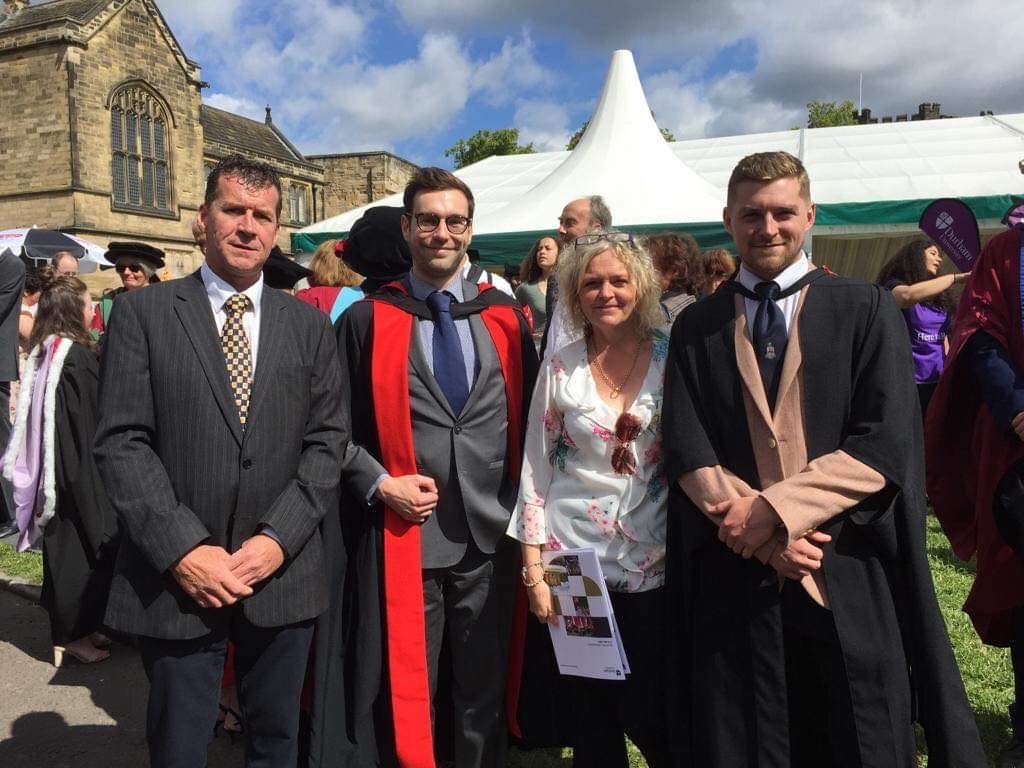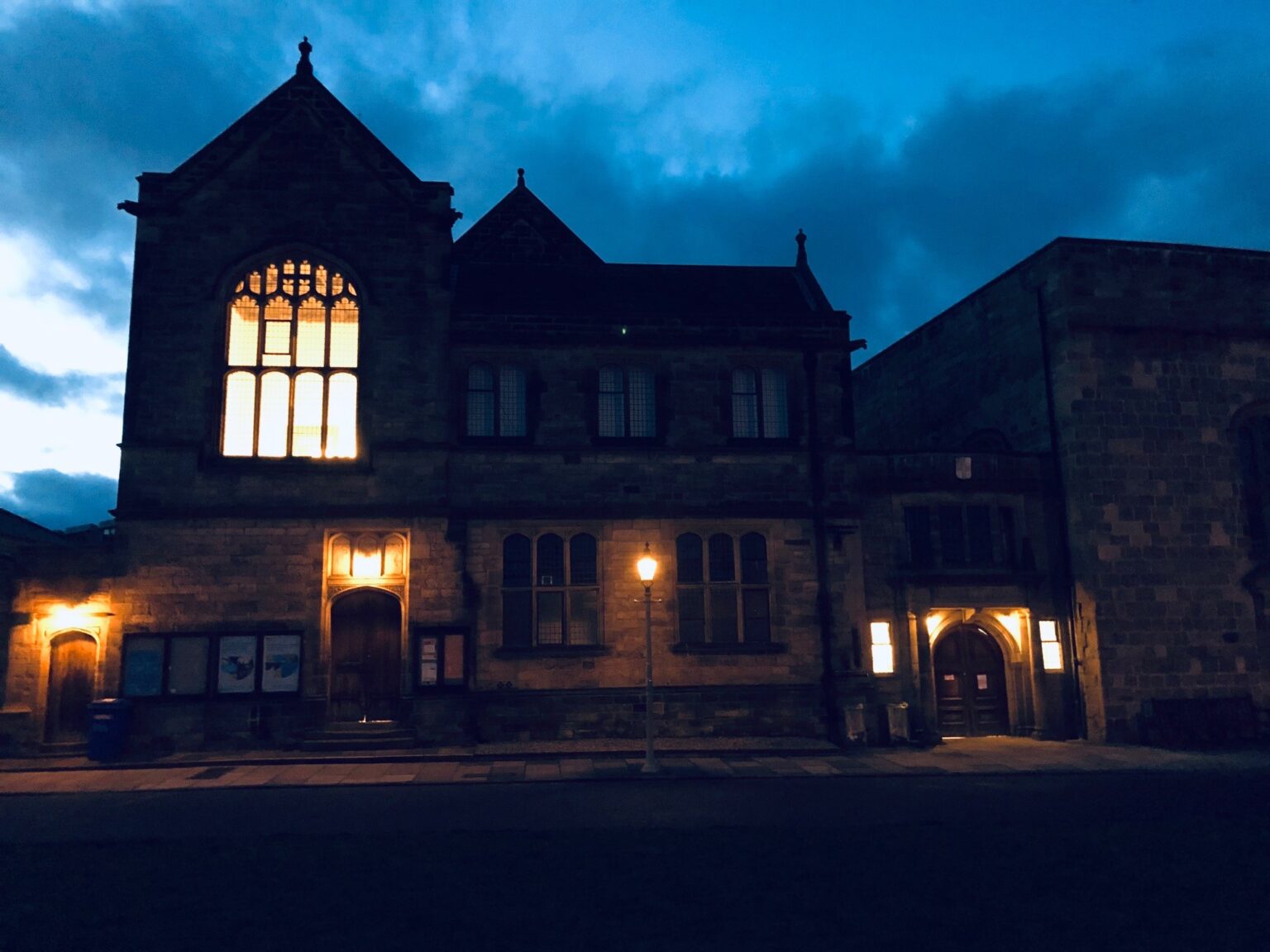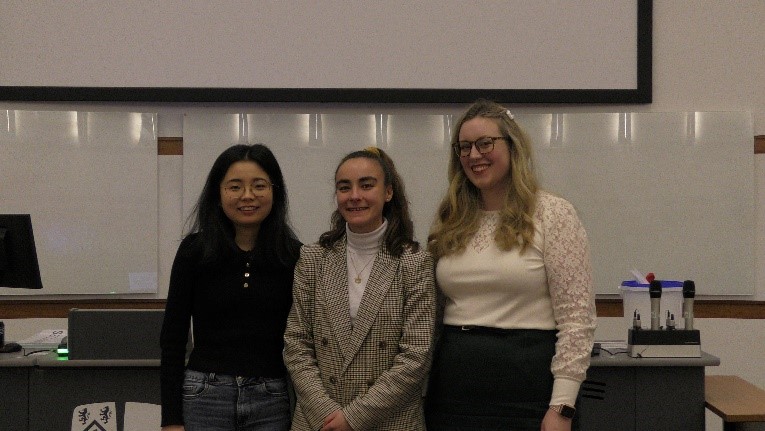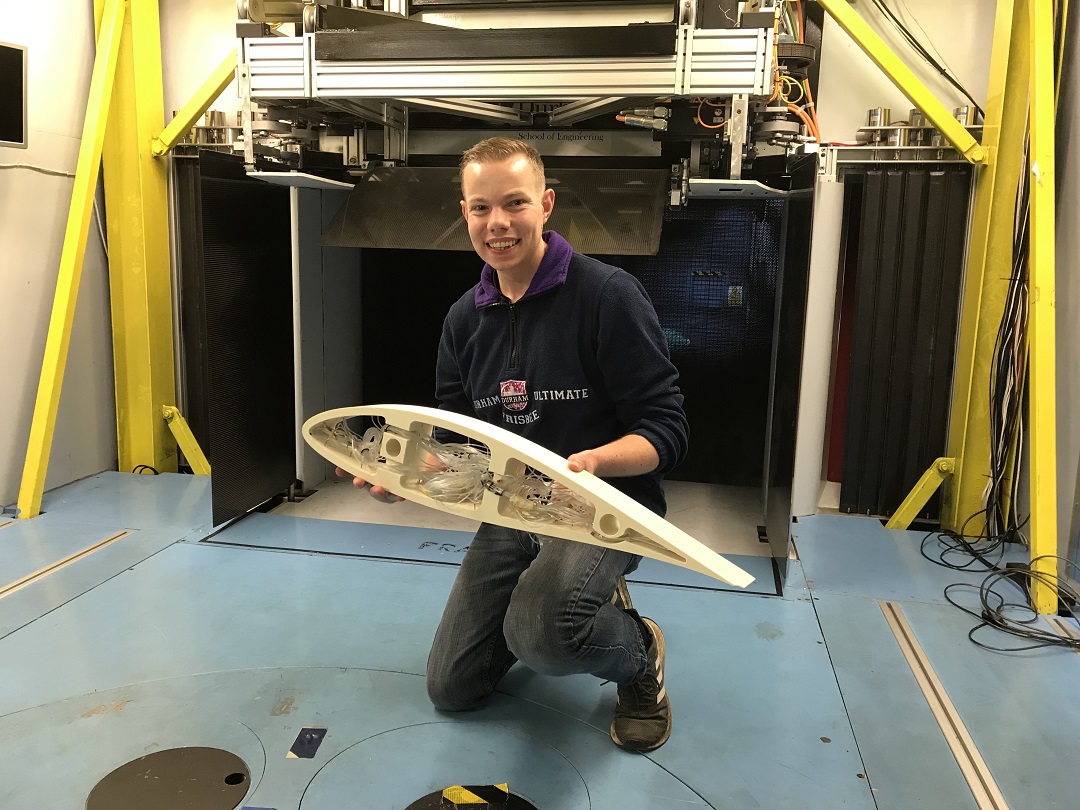Taking part in world leading research as an undergraduate student
Having selected the Microbiology workshop in my final year of study at Durham University, I was excited to develop my understanding of bacteriophage-bacteria interactions; something Dr Tim Blower specialises in. This is, to me, a particularly interesting field of study due to the number of established and emerging pieces of molecular biotechnology that arise from studying bacteriophages and the systems bacteria develop to combat infection by them. A prime example of this would be CRISPR, a defence system that has been developed into a revolutionary genome editing tool, the research on which was awarded the Nobel prize in chemistry.
The single most appealing aspect of this specific module was knowing that in collecting and isolating bacteriophages, we were contributing directly to the work that was occurring in Dr Blower’s lab. As a practical module we were exposed to a range of techniques from sample collection all the way through to transmission electron microscopy, the latter of which generated some amazing images of the bacteriophages. Over the course of the two-week workshop our cohort worked closely with Dr Blower and the lead PhD student on the project (now Dr David Picton) to ensure our practical skills developed properly, and to develop our understanding and interest in the research being conducted at the university.

Inspiring my future studies
Interacting with research staff and being exposed to a research environment across the workshop, allowing students to contribute more directly to the work taking place at Durham, inspired me to approach Dr Blower and seek out opportunities to continue research. Alongside the BREX system we studied directly in the workshop, we also had the opportunity to investigate other defence systems employed by bacteria; this is where my personal journey into research in the Blower lab began. Dr Blower helped me decide on a project focussing on toxin-antitoxin (TA) systems that I could complete as part of an MRes (postgraduate research Master’s degree), working with Ben Usher, a PhD student at the time.
Outstanding support
This one-year project developed my understanding of, and passion for, TA systems and research in the Blower lab. The supervision I received was nothing short of phenomenal, Dr Blower and the group at the time aided my progression as a scientist and lab member and this ultimately culminated in my first author publication on TA systems. I am now in my fourth year of a PhD with Dr Blower having been inspired to continue research, all stemming from a fantastic experience in a third year, research-led teaching style workshop.
My work is now in a published journal
The Blower lab has been a joy to work in over the past four years, the lab has grown and produced a number of high-quality, high-impact journal publications; one such on TA systems from the work by Ben Usher, the other on BREX and is the focal point of this article. The work we performed as an undergraduate cohort contributed to this publication and it has been nothing short of a pleasure to watch that research develop and unfold under Dr Blower and Dr Picton ever since.






